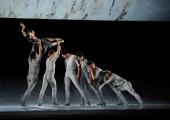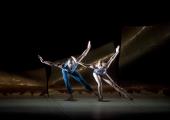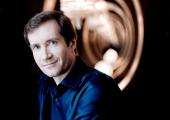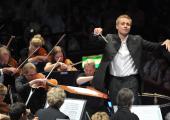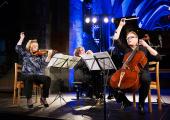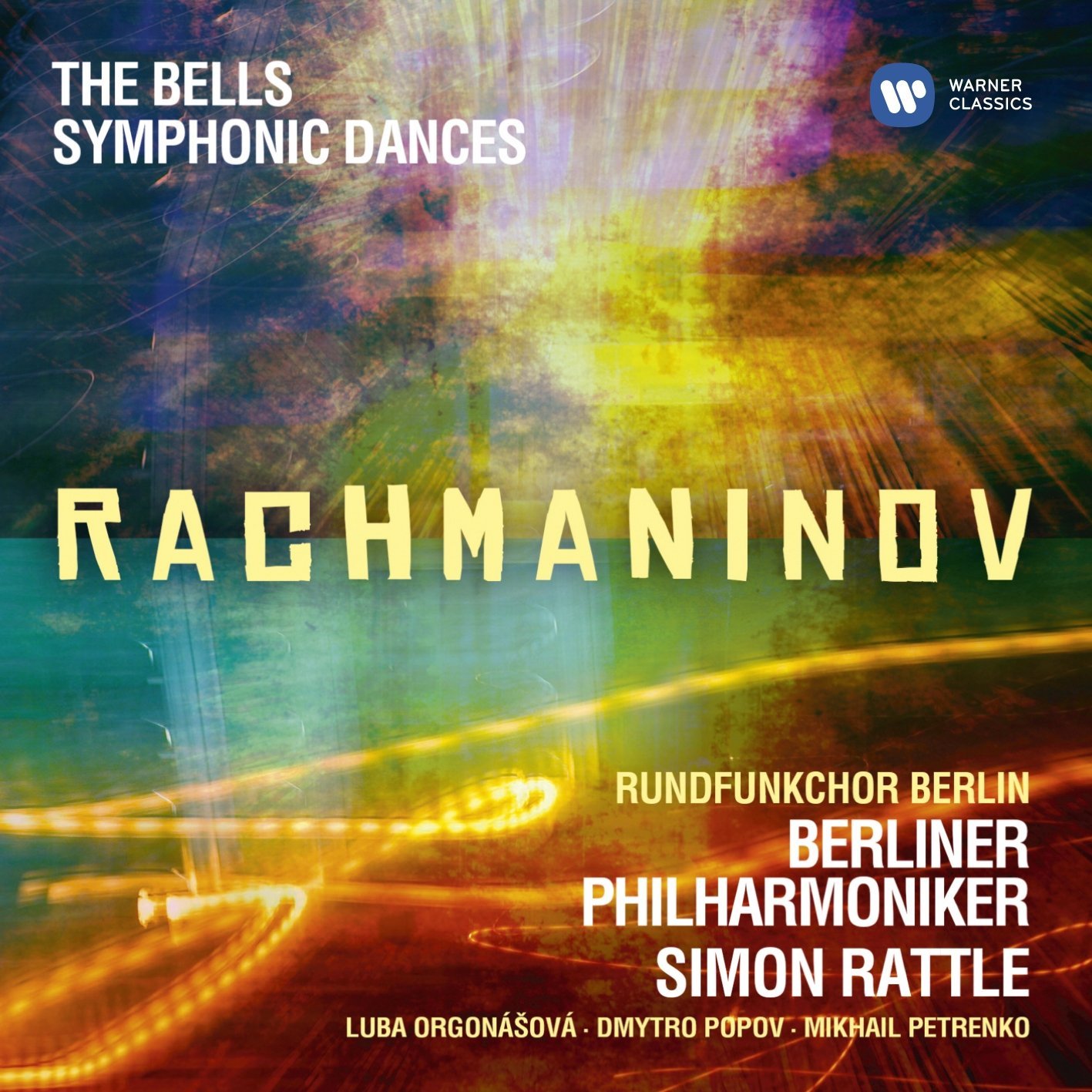DVD: Venus in Fur
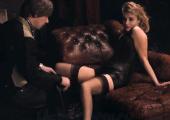
Polanski's play on sex and power in this adaptation of an erotic-classic
Action film fans should stay away from this Roman Polanski duet. But those who like their sexual politics served in symbolic form will be delighted. Polanski's wife Emmanuelle Seigner stars as an actress, Vanda, and Polanski-lookalike Mathieu Amalric as the writer-director Thomas.
It's not entirely an adaptation of the 1870 novella by Leopold von Sacher-Masoch (from whom the word masochism derives), but a version of the David Ives play about the link between sexual obsession, pleasure and pain.

